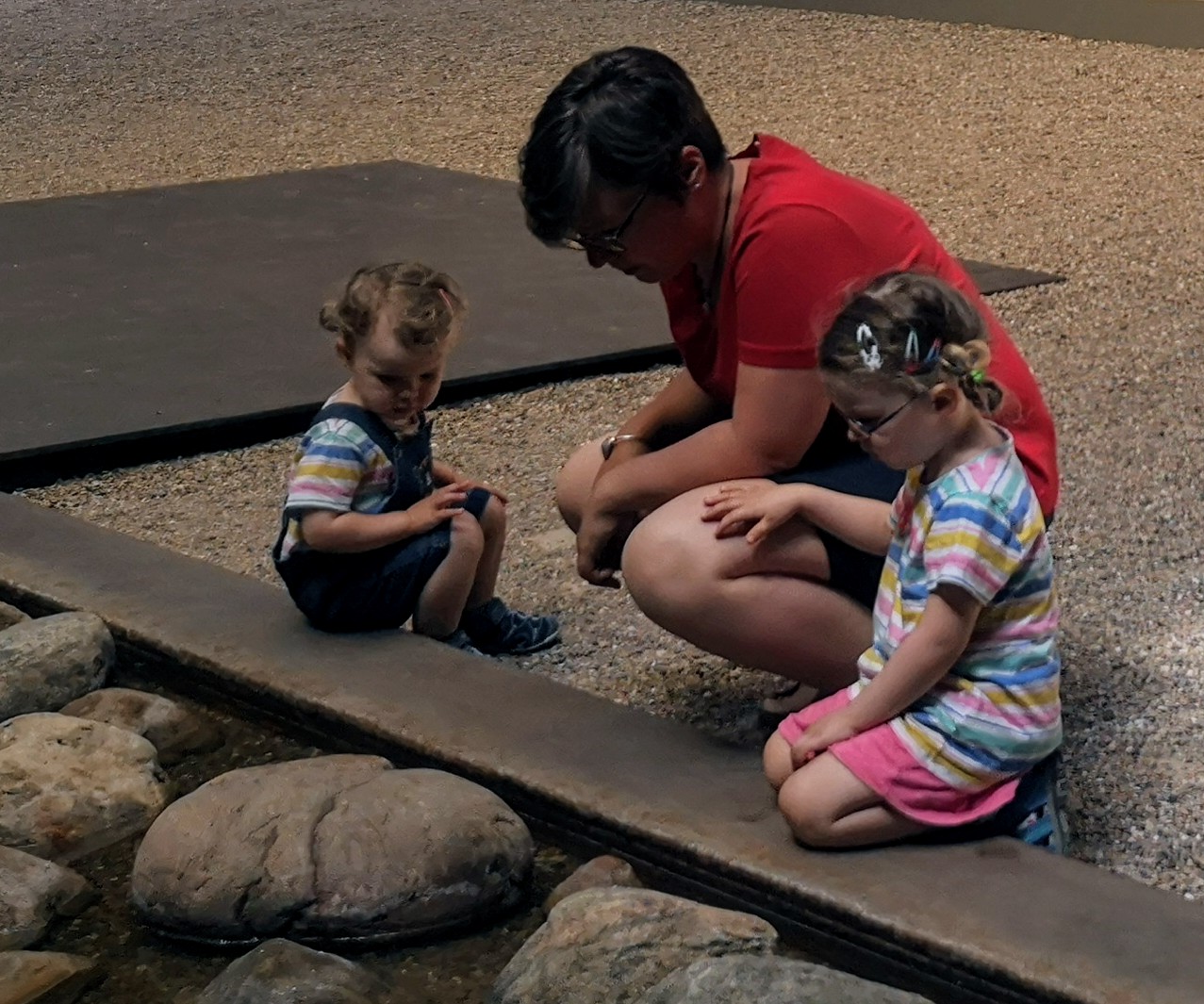
Vicarious experiences in learning
In a recent iEarth teaching conversation, we talked about enthusiasm, and about what mechanisms might be at play if having an enthusiastic teacher really leads to better learning. Torgny then recommended the chapter by Hodgson (2005). She mentions “vicarious experience of relevance” in the context of what makes a good lecture. In addition to the vicarious experience of relevance, a lecture can feel relevant to the student for extrinsic reasons (for example because it will help them solve the homework they have been struggling with, or to meet some other external demands; probably leading to surface learning) or for intrinsic reasons (because they find it interesting in itself and meaningful to them pesonally and their own lives; likely leading to deep learning).
“Vicarious experience of relevance” are those where students experience something as interesting either because they surrender to the teachers’s obvious interest and accept something as interesting, or because they relate to personal accounts by the lecturer or to the images they are sharing, and start seeing the world through their eyes, take on the images, and perceive it therefore as interesting themselves. These kinds of experiences happened strongest for students who knew the lecturer best (for example because they were working in the lecturer’s group) and who had a positive relationship with them.
When there are only few vicarious experiences in a lecture, there are a lot of extrinsic experiences. But with more vicarious experiences, there are also more intrinsic ones. The study thus seems to indicate that perceived vicarious relevance can transform into perceived intrinsic relevance, creating intrinsic relevance where there had not been any. So being able to create vicarious experiences clearly has an effect on learning: by letting the students see the world through the lecturer’s eyes or by including examples or illustrations that draw the students in enough that they start seeing the importance of the topic in the real world.
I then came across a second article mentioning “vicarious experiences”, and that is the Morris & Usher (2011) article on how university teachers develop teaching self-efficacy: confidence in their teaching abilities. They look at the classical four main sources for self-efficacy, with mastery (feelings of success) and social persuasion (feedback from students or peers) being the most important. States like feeling stressed, tired, anxious or the general mood also have an influence on how capable teachers feel. And then vicarious experiences: observing others and using that to compare themselves against them, or to learn from their failures and successes, and avoiding methods that lead to the former and copying those that lead to the latter, thus growing more confident in their own abilities.
Obviously, these two short summaries of two articles working on completely different questions regarding vicarious experiences are just tiny glimpses into a huge body of literature, but for me, it’s a new and exciting perspective to think about how you can learn from experiencing something by taking on the experiences of someone else as if it was your own.
Hodgson, V. E. (2005) Lectures and the experience of relevance, in: F. Marton, D. Hounsell & N. Entwistle (Eds) The experience of learning: implications for teaching and studying in higher education (3rd [Internet] edn) (Edinburgh, University of Edinburgh, Centre for Teaching, Learning and Assessment) 159–171.
Morris, D. B., & Usher, E. L. (2011). Developing teaching self-efficacy in research institutions: A study of award-winning professors. Contemporary Educational Psychology, 36(3), 232-245.
Reading in preparation of the next meeting of "Climate Activism 101" - Adventures in Oceanography and Teaching says:
[…] facts without making it personal (personal to whom, though? Myself, so someone else can experience vicarious relevance through me, or to them? Or to […]